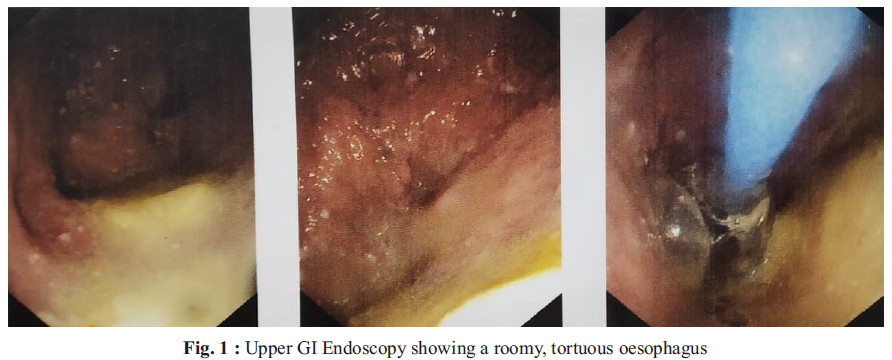Case report on Achalasia Cardia
DOI:
https://doi.org/10.5530/ajphs.2022.12.31Abstract
Achalasia is one of the often occurring causes of motor dysphagia. Achalasia, a disorder of esophageal smooth muscle motility, is caused by the lower esophageal sphincter’s inability to relax. This disorder leads to a functional blockage of the gastroesophageal junction. Despite the fact that the disorder was first described more than 300 years ago, the pathogenesis of this disorder is still unknown. Achalasia cardia may be caused by the loss of the inhibitory ganglion in the myenteric plexus of the oesophagus. Loss of inhibitory neurons that make VIP and nitric oxide synthase in the esophageal myenteric plexus occurs, but in severe cases, it can also impair cholinergic neurons. Although several theories have been advanced, the precise reason for this degradation is still unknown. Dysphagia and regurgitation are the most typical early symptoms of achalasia. Chest pain will be experienced by more than half of patients when they first arrive. Rarely does esophageal emptying increase lead to pain relief. As the illness progresses, patients may have symptoms such as significant weight loss, a risk of aspiration, nocturnal coughing, heartburn, and weight loss owing to feeding difficulties. Because they can’t swallow, people often lose weight quickly.



